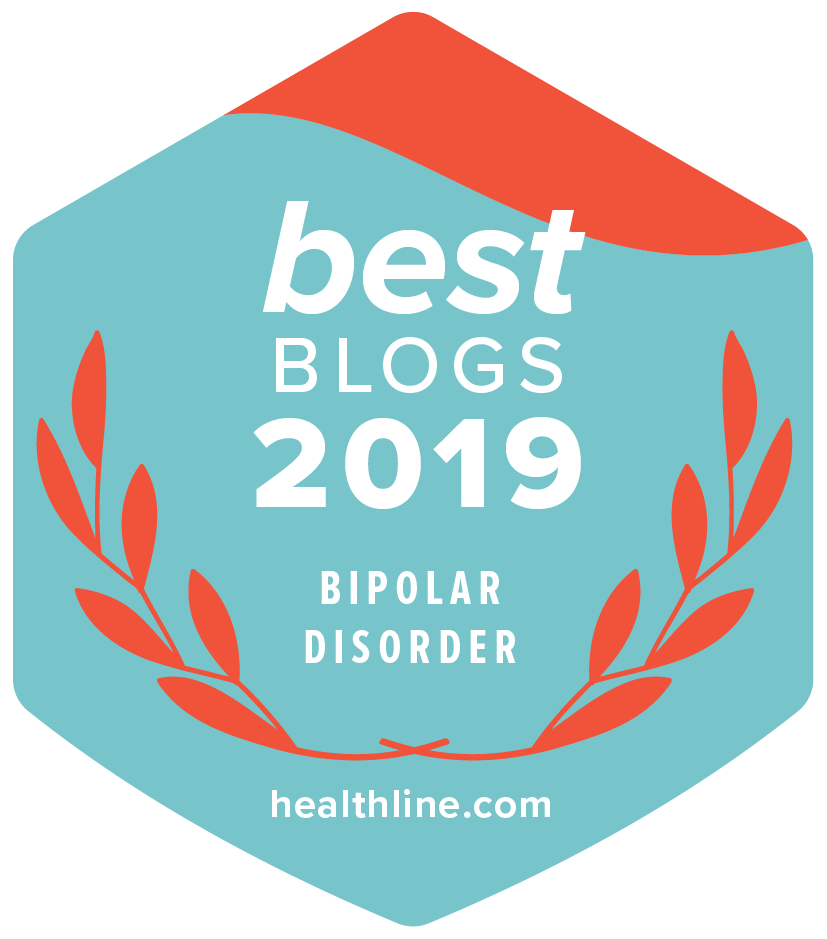Guest blogger Daniel Bader talks about life with bipolar and how learning to forgive himself for past behaviors helped him create strong relationships and a successful career as a therapist.

Like most people with bipolar disorder, I have done many things that I regret. Some of them involve harming other people: broken friendships, horrible things I’ve said, and even betrayals. Some of them involve harming myself: missed opportunities, lost jobs, and burned bridges. Looking back, it’s difficult to think about these events without cringing. I will often think self-abusive comments: “You’re an idiot!”, “Your so stupid!”. Sometimes, I even say them out loud.
In order to stop being so abusive to myself, I’m learning the art of self-forgiveness. I’m not perfect at it. Sometimes I’m not even especially good at it. But it’s made enough of a difference in my life that I know I will keep practicing this technique forever. With self-forgiveness, I can move away from abusing myself to being more compassionate with myself, both in terms of how I think and how I act.
My Three Steps to Self Forgiveness
There are three things that I am working on in order to be more forgiving of myself. Each of them helps in its own way, and many have had positive impacts that I never expected.
- Abandoning the Blame Game Through Restorative Justice
In the past few years, I’ve served as a mediator for our local victim-offender reconciliation program. As I became more involved in this form of restorative justice, the idea of harming someone who did something wrong made less and less sense for me. It accomplishes nothing, and, more importantly, causes more harm than good by causing further shame, trauma, and damaged relationships. The more that I focus on healing and restoration, the less I focus on blame. Now, my first instinct is more and more to focus on how to heal a wound, instead of creating new ones. Through my work, I see first-hand the power of restoration over retribution and I want to apply that same positive outcome to my relationship with myself.
“Restorative justice is an approach to justice that personalizes the crime by having the victims and the offenders mediate a restitution agreement to the satisfaction of each, as well as involving the community.” Wikipedia
- Turning Guilt into a Path to Change
I can’t change the past, so it makes no sense at all to deliberate about it, even though it is human nature to do so. I might as well deliberate about what would be the best orbit for the moon.
I needed to ask myself: what is the purpose of my guilt? Since it’s not to change the past, it must be to change the future.
And here I can recognize not only have I done things that I regret, but I have learned from those mistakes. I’ve even benefitted in many ways. If I hadn’t blown all of those old relationships, I wouldn’t have the wife and family that I have now. If I had become a lawyer, I wouldn’t have become a therapist, a job that I love. The pain that comes from guilt can spur me on to make even greater changes in the future. It can do the same for you.
- Self-Compassion
It’s not enough for me to replace harsh thoughts with kindly thoughts about myself. I also need kindly actions. When I want to show someone I care for them, it is important for me to be nice to them. Since I’m stuck with myself all day, I want my relationship with myself to be a kind one in the same way. I now try to make sure I engage in at least one self-care activity per day: I’ll take a walk, or buy myself a nice lunch, or take a nice nap.
Forgiveness involves action and it involves restoring the relationship, and I can’t think of any better way to restore my relationship with myself than to be kind to myself.
Sometimes if I’m really down, it can be kind to myself just to be able to stay in bed all day and rest, rather than thinking that I “should” be doing something else.
Moving Forward
All of this, of course, is a work in progress. For every time I am able to forgive myself, there is a time where I fail. But forgiveness and kindness are habits, and I know that my low moods can make them even harder. My goal isn’t to be perfect at being kind to myself, only to be better and gentler with myself as I grow.
I continue to grow in self-forgiveness and self-compassion, and to develop a better and better relationship with myself.
Being kind to myself, regardless of my past, has made living with bipolar disorder much more manageable.
What are some ways that you can forgive yourself and be kinder to yourself? Find what you enjoy, take it easy on yourself, and be kind, regardless of what may have happened in the past. It is something that you have the power to do!
Daniel

Daniel Bader, Ph.D, RSW, CCC was diagnosed with bipolar disorder in 1997. He is the founder of Bipolar Village and works as an in person, email, video or telephone counsellor for people in Canada. Please visit Bader Mediation and Counseling Services to read more.
A note from Julie: Therapists who have experience with bipolar disorder are gold! At this time, Daniel works with people in Canada, but I am hoping he will expand to the United States in the future. We need men to talk about bipolar and we need therapists who have life experience regarding mental health disorders. Bravo to Daniel! If you are in Canada, you can contact Daniel through his webpage.





